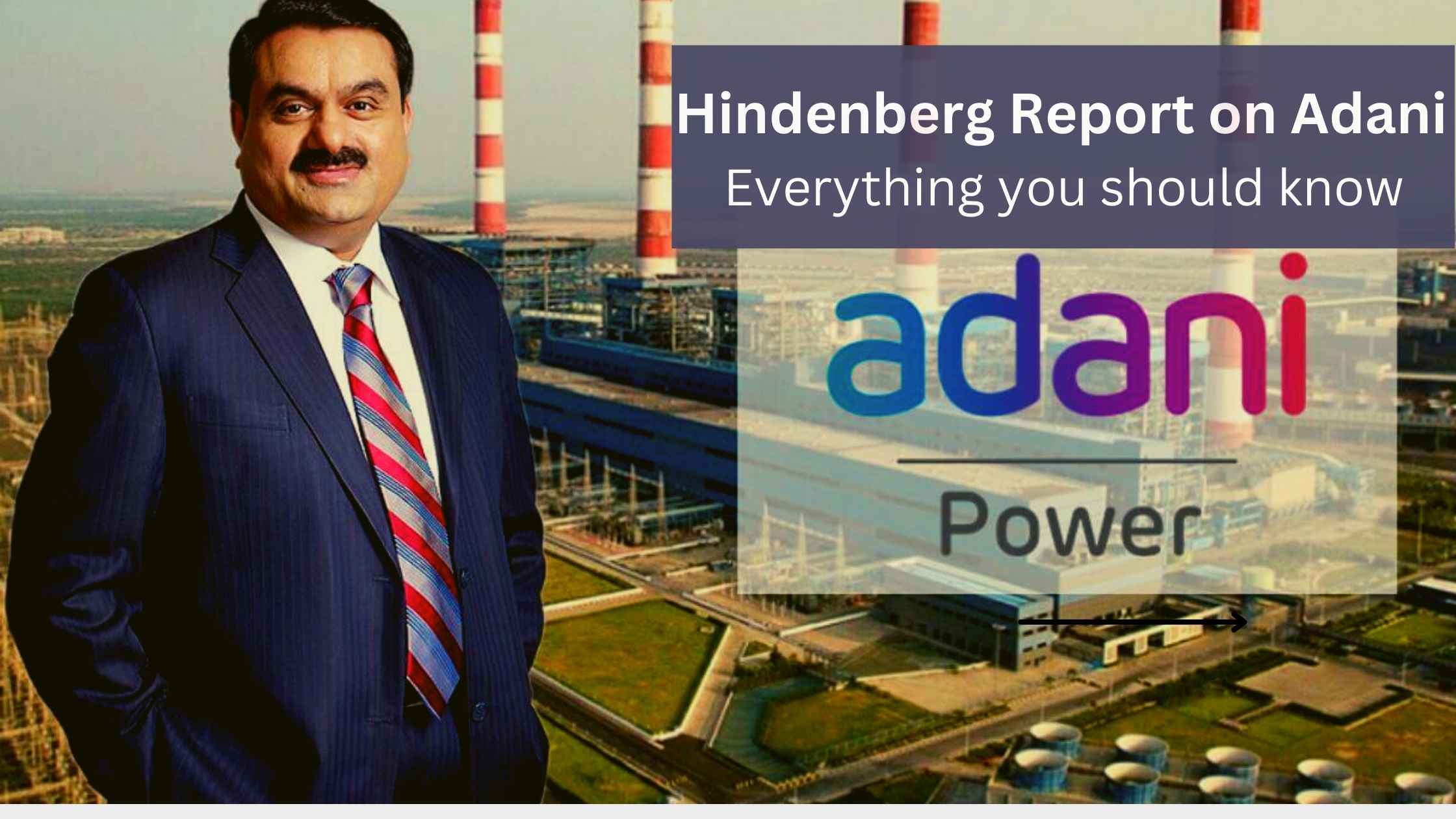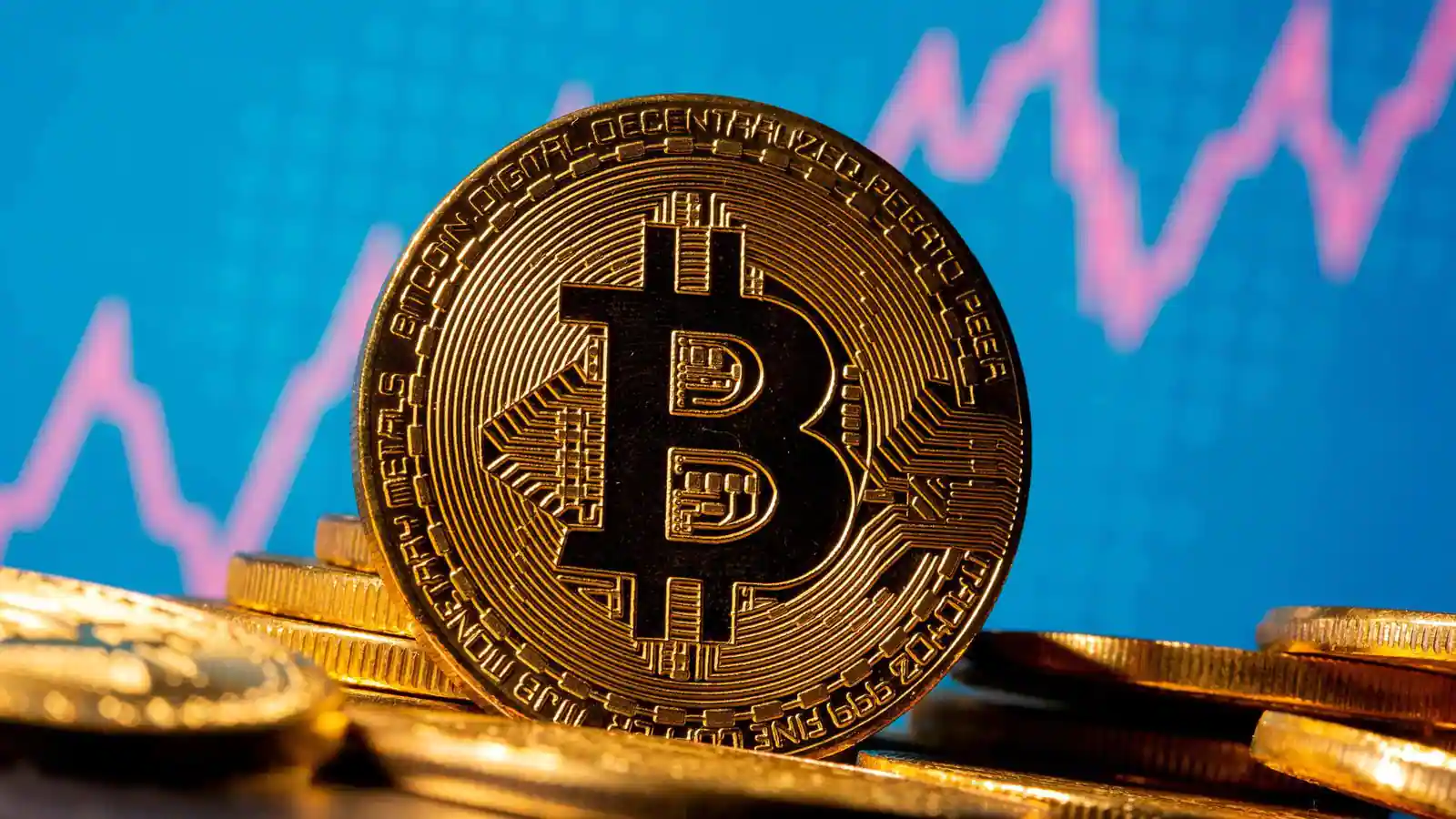The Adani Group, a conglomerate of companies owned by billionaire Gautam Adani, has recently come under fire following the release of a damaging report by US-based Hindenburg Research. The report, which analyzed the financials and practices of the Adani Group, claims that the company’s shares are highly overvalued, that the company is using debt-fueled business practices, and that there are compliance issues with the company.
According to the report, the Adani Group’s shares are overvalued by conventional metrics such as the P/E ratio, Price/Sales ratio, and EV/EBITDA. For example, the P/E ratio of Adani Enterprises is 42 times the industry average, and the Price/Sales ratio of Adani Total Gas is 139.3 times the industry average of 1.0x. The report also claims that 5 out of the 7 key listed companies in the Adani Group have a current ratio of less than 1, which means that the company’s assets are less than its liabilities and may not have enough assets to pay off its liabilities in the short run.
The report also notes that the promoters of the company have been pledging their stocks, meaning they have taken on additional debt based on the shares they own. With the shares already being highly valued and the debt high, this is not a healthy financial practice. Additionally, the report raises concerns about the management team, with some members having a questionable past including allegations of fraud and duty evasions.
The report also alleges that the Adani Group has excessive promoter control of shares, with close to 74% of shares being controlled by the promoters in multiple cases. Additionally, a significant portion of the remaining public shares are controlled by shell companies that have ties with the Adani Group. This may mean that the companies have worked around the SEBI mandate that requires at least 25% of the shares of a listed company to be in public shareholding, putting these companies at a high risk of being delisted.
Furthermore, the report claims that the Adani Group has been pumping up demand for their stocks through excessive buying pressure from companies that seem to be connected with the Adani Group itself. This has led to high delivery volume of Adani stocks, which may have been caused by wash trading, a practice where shares are bought and sold by the same or related entities to artificially increase trading volume numbers. The report also raises rumors of the involvement of the stock manipulator Ketan Parekh.
The report also notes that there are compliance issues with the Adani Group, with one of the firms hired to bookrun the Adani Green Energy having past problems with the SEBI. Additionally, one of the independent auditors hired to audit Adani Enterprise and Adani Total Gas seems to be too small a company and comprising professionals too young to handle the auditing of such a large array of companies.
The release of this report has had a significant impact on the Adani Group’s stocks, with all 10 stocks belonging to the company ending with deep cuts. The group’s flagship Adani Enterprises, whose FPO (Follow-on Public Offer) opened for public subscription on the day the report was released, ended 18.5% lower at Rs 2,762.15.
In the future, it remains to be seen how the Adani Group will address the issues raised in the Hindenburg Research report. The company has already released a statement denying the claims made in the report and stating that it is fully compliant with regulations. However, the report’s findings, if proven true, could have serious consequences for the Adani Group and its shareholders. It will be important for the company to address the concerns raised in the report and provide transparency and evidence to refute the claims made











